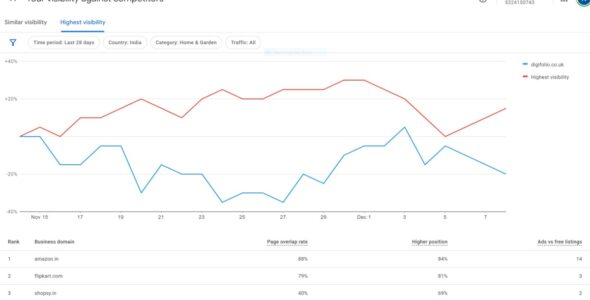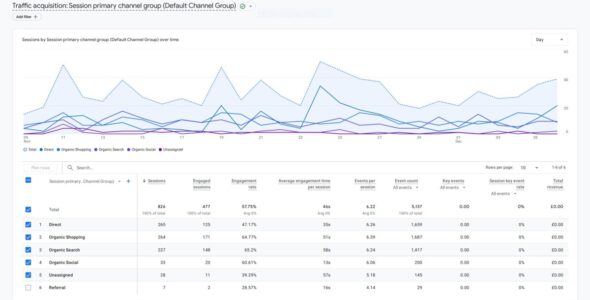The Role of Real Estate Agents in Business Intelligence
The real estate industry is constantly changing, and real estate agents are constantly looking for ways to stay ahead of the curve. One of the most important ways to do this is to embrace business intelligence (BI).
BI is the process of collecting, analyzing, and interpreting data to gain insights that can be used to make better decisions. In the real estate industry, BI can be used to track market trends, identify potential investment opportunities, and provide better customer service.
How BI Can Benefit Real Estate Agents
There are many ways that BI can benefit real estate agents. Here are a few of the most important:
- Market insights: BI can help real estate agents track market trends, such as changes in prices, inventory, and demand. This information can be used to make better decisions about where to invest and how to price properties.
- Client understanding: BI can help real estate agents better understand their clients’ needs and preferences. This information can be used to tailor marketing campaigns and provide more personalized service.
- Competitive analysis: BI can help real estate agents track their competitors’ activities. This information can be used to identify opportunities to differentiate themselves and gain an edge in the market.
- Predictive analytics: BI can be used to predict future market trends. This information can be used to make better investment decisions and help clients plan for the future.
- Enhanced customer service: BI can help real estate agents provide a higher level of customer service. This can be done by using data to identify and address customer pain points, as well as by providing personalized recommendations.
How Real Estate Agents Can Leverage BI
There are a number of ways that real estate agents can leverage BI. Here are a few of the most common:
- Use real estate analytics platforms: There are a number of real estate analytics platforms that offer comprehensive market data, property insights, and predictive analytics. These platforms can be a valuable resource for real estate agents who want to make data-driven decisions.
- Implement CRM systems: CRM systems can help real estate agents manage client interactions, track leads, and tailor personalized services based on client preferences. This information can be used to provide better customer service and build stronger relationships with clients.
- Use data visualization tools: Data visualization tools can help real estate agents present complex data in a visually appealing and easy-to-understand manner. This can be helpful for communicating insights to clients and stakeholders.
Conclusion
BI is a powerful tool that can help real estate agents stay ahead of the curve and provide better service to their clients. By embracing BI, real estate agents can gain a competitive advantage and thrive in the ever-changing real estate market.
In addition to the above, here are some other ways that real estate agents can leverage BI:
- Use BI to identify target markets: BI can be used to identify potential buyers or renters based on their demographics, interests, and property needs. This information can be used to target marketing campaigns and focus on the most likely prospects.
- Use BI to set pricing strategies: BI can be used to track historical market data and current trends to set competitive prices for properties. This can help agents attract buyers and maximize profits.
- Use BI to manage risk: BI can be used to identify and mitigate risks, such as fluctuations in the market or changes in regulations. This can help agents protect their investments and ensure long-term success.
By embracing BI, real estate agents can gain a competitive edge and thrive in the ever-changing real estate market.





